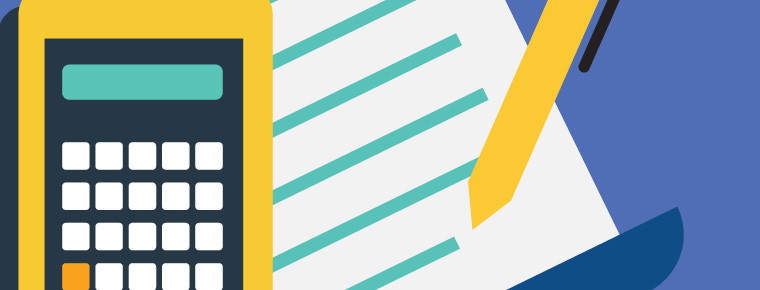
Your 2020 Stimulus Tax Questions Answered
Between April and August 2020, the IRS issued around 160 million stimulus checks, also known as Economic Impact Payments, to American taxpayers who filed in 2018 and 2019. BECU has partnered with TurboTax to answer your tax-related questions about these checks.
The following article was written in partnership with TurboTax and the information is for general educational purposes only and not intended to provide specific advice or recommendations. Please discuss your particular circumstances with an appropriate professional before taking action.
Frequently Asked Questions
No. The stimulus payment was designed to impact the economy, not your taxes, so it won't reduce your 2020 refund or increase your taxes.
If your income for 2019 or 2018 was over $75,000 ($150,000 if you filed jointly, $112,500 if you were head of household), then your payment was reduced by $5 for every excess $100 you earned. If you didn't file a tax return for either year, you may not have gotten a payment. But don't despair, you still may be entitled to payment.
If you were supposed to file a 2019 tax return and didn't, file right away. If your income was too low to file, at IRS.gov you can click on the tab marked “Non-filers” and fill in your basic information. If the IRS determines you are eligible for a payment, they will send it to you. But hurry, there's a filing deadline.
If your 2019 income was too high for you to receive a payment, but your income this year is much lower, you are in luck. You can claim your stimulus payment on your 2020 income tax return, and it increase the refund you receive (or reduce any tax due).
No. If you received a stimulus payment based on lower income in 2019, that payment is yours to keep even if your income increased above the threshold in 2020.